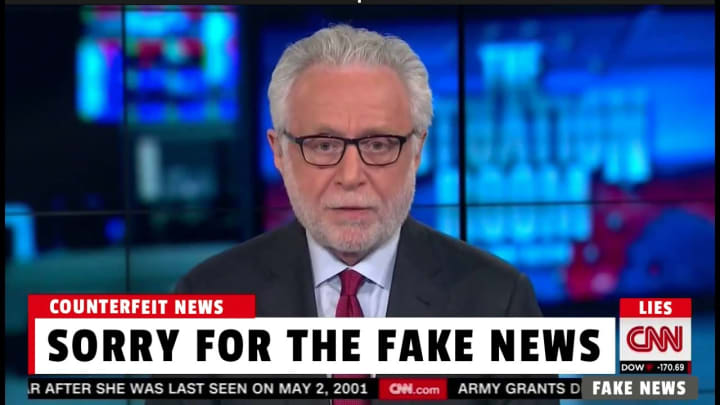Should Police Wear Body Cameras?
My View and Argument

At the current time, where small cameras can be mass manufactured and weeks of video can be stored on Terabyte hard drives, I believe we should start using technology to bring justice to criminals. Today we should allow it to be done on the municipal level and only in the cities that can afford it. In New York, a program is starting where their police department is aiming to put body cameras on 23,000 police officers. (New York Times, 2017) The New York Times is calling this a very large experiment where we can see technology’s effect on the penal system. The costs for a three year program are estimated to be higher than $70 million dollars.
Experimentation and weighing of the benefits to cons should be done with the question being, “Is it financially worth it?” With no doubt in my mind, I see cameras as a benefit to the justice system. It will bring evidence to any court and can shorten deliberation of a verdict but it needs to become cheaper. It can bring indictments where an officer is harmed or cause a change to the outcome of criminal cases. An experiment like what was written in the New York Times will expose just how good a body camera will be.
I am biased for using body cameras because of a certain case. So I will write in an article going against my argument. (Time Magazine, 2015) Time Magazine wrote in 2015 a piece titled “The Problem with Police Body Cameras.” Two major points I saw were the cost and interpretation of the video. An example of a court interpretation would be in the Rodney King case. Eye witnesses said Mr. King was consistently resisting arrest and showing aggression throughout his interaction with the police officers. Of course, as we remember, the court favored the police. The court interpreted the video very differently than the rest of us and the police were not charged with their indictment. It may have been argued that the video didn’t tell the whole story behind King and his actions and that the officers feared for their lives. Whichever the case, video is up for interpretation, even if that interpretation is not morally correct.
This is not the only example of misinterpretation. An idea Time Magazine showed was that future videos may be cut for propaganda. If these videos were made public or taken from the police force, many montages can be made against law enforcement. The concern is privacy. I once shared a video on the president where he got tackled (fake, of course). The video was deleted by Facebook moderators. There should be security like what we have in evidence lockers. The public should not have access to police video unless proper legislation is created. It could end up edited or worse, in a biased news story where millions gain an inaccurate view of a celebrity.
Biased News

Google Images
In conclusion, the opposing views of the articles listed helped bring a lot of ideas to choosing whether or not video cameras should be distributed to police. We will see the results of cities who already are getting cameras. Of course, the videos will need quality sound and high resolution. Hopefully city ordinances are not skipping these features as they might interfere with interpretation. The concerns discussed were privacy, interpretation and cost. The concerns can be controlled. Should police officers wear body cameras? “Absolutely” is my answer. We just need to do it right.
About the Creator
Jesse Guerrero
Christian, programmer, Runescape lover and avid learner.
Support me at buymeacoffee.com






Comments
There are no comments for this story
Be the first to respond and start the conversation.